Blacktail, the first game from indie developer The Parasight, explores the origins of Baba Yaga, the infamous boogeywoman of Slavic folklore. While this first-person exploration adventure tackles themes that would fit well into the horror genre throughout its roughly 12-hour campaign, it’s likely not as dark or as grim as you might have imagined. There’s a lot of light and life here, even if the story revolves around dead children.
You take the role of 16-year-old Yaga, a girl shunned by her peers, save one true friend, and exiled from her circa middle-ages Eastern European village. She’s in search of her missing twin sister, Zora, and that means unraveling the mystery of the Witch in the woods and discovering the truth behind the ghosts she finds along the way.
Blacktail is a surrealist storybook come to life. Full of brooding character, whimsy, and magic, it bubbles with personality in a beautiful, if eerie, fairytale world full of wildlife, anthropomorphic mushrooms, and spiders. Lots of spiders. There’s also a skeletal fish that’s obviously high as a kite. It’s weird.
But it’s all so incredibly endearing, compelling, and unique. Traipsing through forests, glens, mountainsides, and frozen wastes, there’s a definite sense of place with a capital P. I’ll certainly remember Blacktail for its story, setting, and lore, all of which stand out as welcomed changes to the typically Greek and Roman mythologies so often explored in gaming.
Blacktail is also memorable for its combat and traversal, but not for the right reasons. Moving around as Yaga is sluggish, as if our heroine is mired in a thick, viscous mud. Perhaps it’s a physical manifestation of her traumatized psyche, but while that interpretation satisfies thematic meaning in Blacktail, it doesn’t make actually playing the game more fun.
Moving forward is slow. Turning is slow. Dodging is slow. Jumping is slow (and particularly unpredictable and cumbersome). So when everything but you moves as fast as Perun’s lightning bolts, death can come swiftly even if you’re prepared for what’s to come rushing from the trees, teeth bared, rock held over head ready to throw.
Your only defense is Yaga’s bow, a few spells, and a broom that distracts enemies for a short period of time. Nocking and firing arrows, too, is a slow affair, not nearly as prompt as Aloy’s bolts in either of the Horizon games or Atreus’ shots in God of War Ragnarok. It doesn’t help that every enemy save the horrifying eyeball spiders have very deep health pools, fitting the exact definition of bullet sponge.
Special attacks, such as firing a volley of arrows or spawning poison mist shake things up a bit and add a layer of strategy to encounters once they’re unlocked, though they never feel effective enough to turn the tide if you’ve made even the slightest miscalculation, especially in the later going. Enemies will charge you, overwhelm you, and rapidly melt your health. And that’s not to say combat is hard as much as it’s fickle and unbalanced. Spells cast more quickly, but their power is mostly underwhelming, only stunning most enemies as a failsafe to retreat, aim, and fire another arrow.
It all comes together in little wars of attrition that follow the same pattern of attack at range, back up while firing arrows, dodge, drop a broom to gain distance, fire more arrows. Blacktail‘s frustrating save and checkpoint systems don’t help, where one false move or step can erase 20-30 minutes of exploration and progress.
The side quests are interesting sidebars to the main action, expanding Blacktail‘s mythology further while conjuring the larger Slavic pantheon of legends. It’s in these moments that the truly odd and endearingly unique characters are found, and where Blacktail underscores the need for more diverse voices and cultures in gaming.
But the further you get into the core narrative throughout the game’s four seasons (chapters), the more peripheral these side quests become. They roam further and further from the narrative epicenter, most having little to do with the primary task at hand, and feel less obligatory and more discretionary. Very few, if any, need to be completed to gain the power and skill books required to face the final boss and roll credits.
That’s fine in a vacuum. Plenty of side quests in hundreds of other games fit the same bill. And from a certain point of view, it’s nice not being forced into side quest after side quest. But the ones found here are so utterly compelling and fun that it’s a disservice they actually aren’t forced upon you and provide better rewards.
It’s also another instance highlighting the game’s mechanically imbalanced combat. Because the base skills and those unlocked strictly through the story can carry you through most encounters (no matter how frustrating they are mechanically), and because there’s no XP system at play, you never feel compelled to complete them to gain more power. If you pick up Blacktail, skip the side quests at your own peril.
Blacktail has a pretty expansive open world. Don’t go in expecting Skyrim, GTA 5, or Dying Light 2, but considering The Parasight isn’t a big budget developer and Blacktail is, again, their first game, there’s a considerably large world to explore.
Lush, bright landscapes of rolling hills and open pastures dotted with rustic windmills weave into dark, foreboding caverns and snow-covered mountains pocked with castle ruins. The variety of place is impressive, even if it falters a bit the further you get in, with some environments becoming a bit samesy. The silver lining is that every environment mesmerizes in its detail and color. And the fabled house on hen’s legs is one of 2022’s most indelible locations.
There, Yaga is able to place collectibles as another world building element. More importantly it’s where you buy new skills, improve your arrows, carrying capacity, and more, and select hexes from a group of four after you’ve unlocked the necessary number of skills from their group. These hexes give Yaga passive abilities, such as the ability to carry more arrows or deal more damage at the expense of taking more damage. It’s a neat system that adds some layers to combat, acting as a secondary difficulty level if you so choose.
Adding to the game’s psuedo-dynamic difficulty system is the morality system. You can choose the path of good or evil, a callback to Baba Yaga’s real life folkloric bad-sometimes-good portrayal. While there are moments throughout the story that allow for these binary moral choices, they don’t affect much of the narrative or dialog choices. Instead, those honorable or dishonorable choices push you further one way or another in larger bursts than the moment to moment actions you can take during exploration.
Blacktail is said to be a survival game. And it is – in the loosest interpretation of the category. There is a hunger mechanic, though it simply exists as a mechanical McGuffin. You can hunt deer and some other animals to cook their meat at a campfire and gain large swaths of health, alongside a few fleeting buffs like haste. The issue is that the system isn’t all that helpful considering how inexorably long it takes to actually find an animal, hunt it, find a campfire, and cook the meat – before completing a cooking mini game to complete the process.
The other loose survival elements entail scrounging the environs and dead enemies for crafting items like wood, feathers, eyeballs, gems, and teeth to spend on buying new skills at The Hut or brewing antidotes for when you get poisoned.
This systematic gathering of resources (over and over again) is where the morality system is most involved. If you’re following the good path, you’ll need to pick feathers up off the ground; evildoers can simply shoot bird nests to the ground. Goodie twoshoes will have to leave flowers for bees if they want honey, another crafting material, but those unadorned by virtue can shoot down beehives for the stuff, though they’ll have to contend with the swarm as penance.
All of these deeds and actions ultimately confer their own passive buffs along a scale of good and bad, which is separated into three levels for each path. For instance, those on the evil path can heal more easily with the first two passives in the track, while those on the righteous path can gather more resources or deal damage over time.
Blacktail Review — The Bottom Line
Pros
- Gorgeous semi-open world.
- Beautiful, storybook artstyle.
- Wells of personality.
- Exploration of underrepresented folklore.
- Fantastic voice over for Yaga.
- Fun side-scrolling sections.
Cons
- Repetitive, sluggish combat.
- Anachronistic dialog with way too much cursing.
- Inconsistent narrative tone.
- Mostly ineffectual skill tree.
- Barebones (if even that) survival system.
- Incredibly frustrating save and checkpoint system.
Blacktail tells a sad story about a girl derided and shunned by her community and how, through self actualization, finds herself a force to be reckoned with. Though the game falters explaining grander, more philosophical ideas such as the differences between good and evil – going so far to say those binaries matter not if one is true to oneself – it succeeds in realizing the power of Baba Yaga as more than a Witch.
[Note: The Parasight provided the copy of Blacktail used for this review. Featured image via The Parasight.]

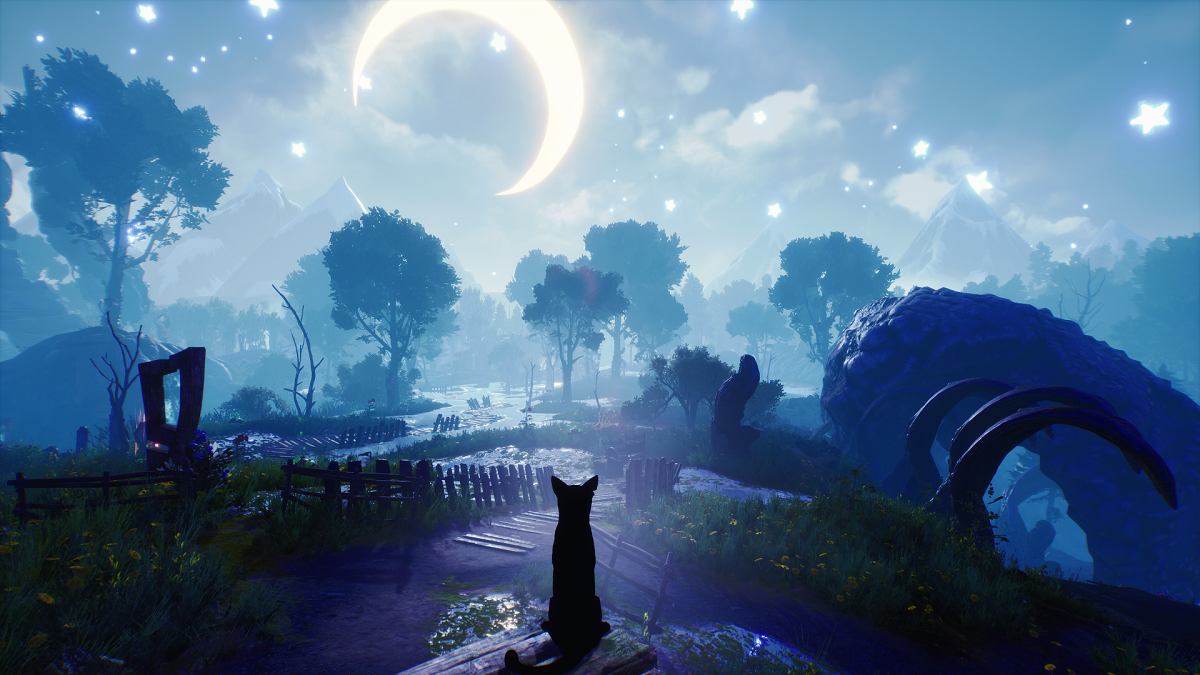
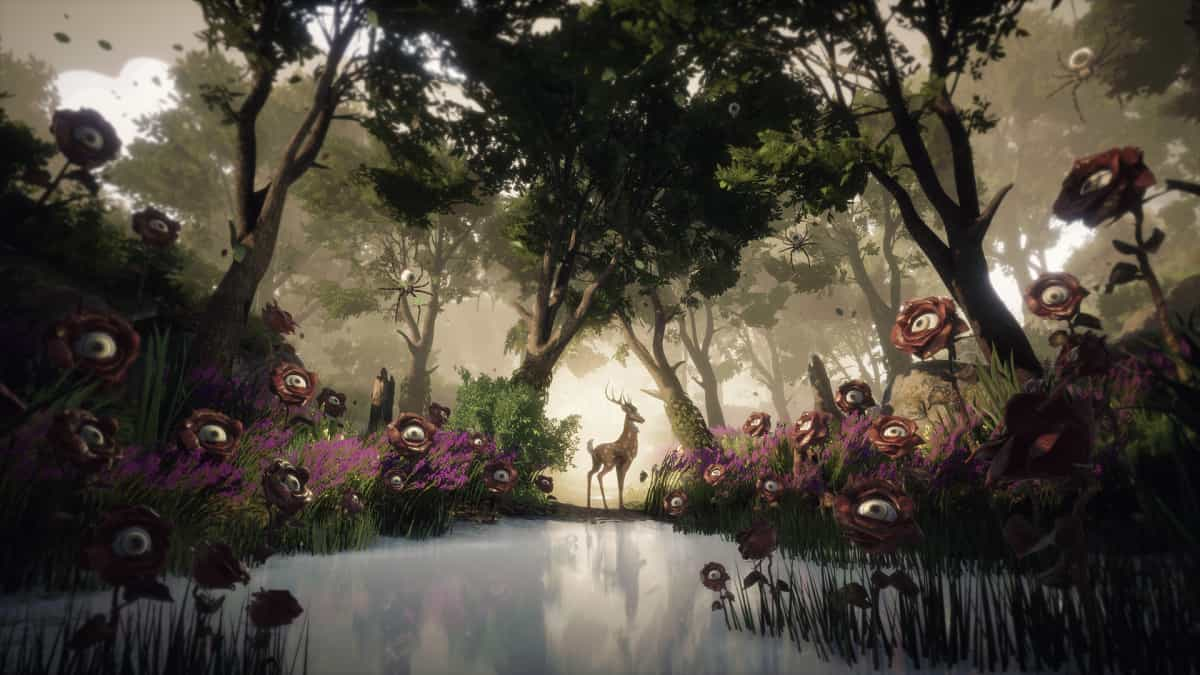
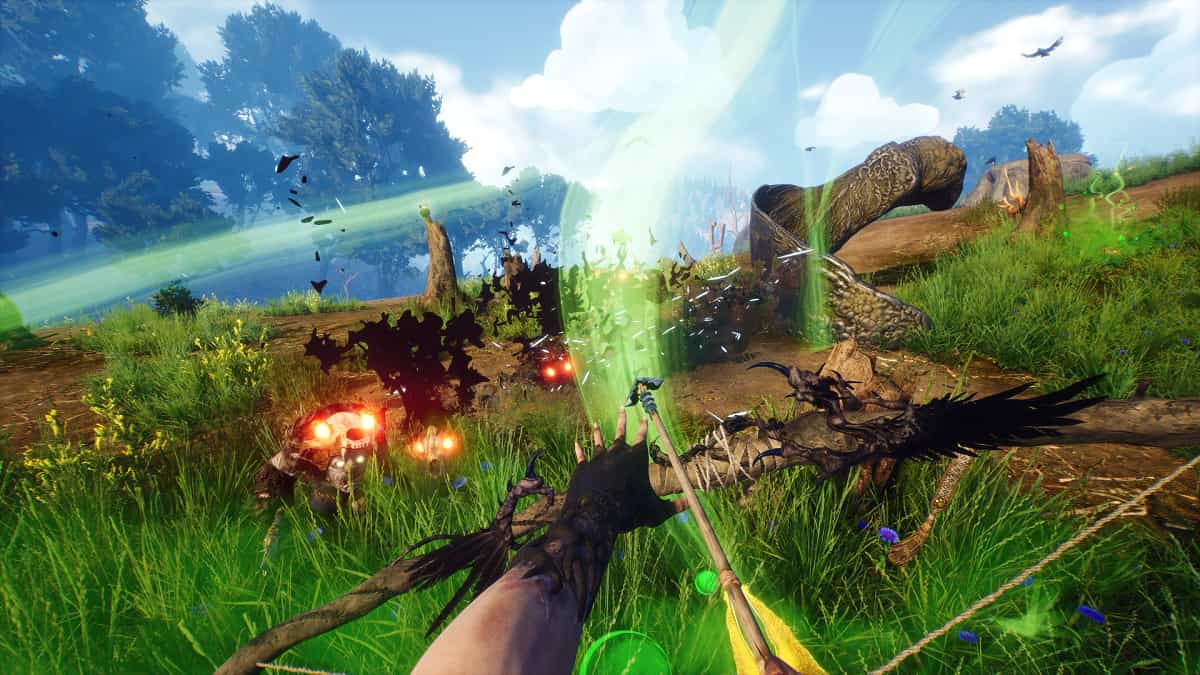
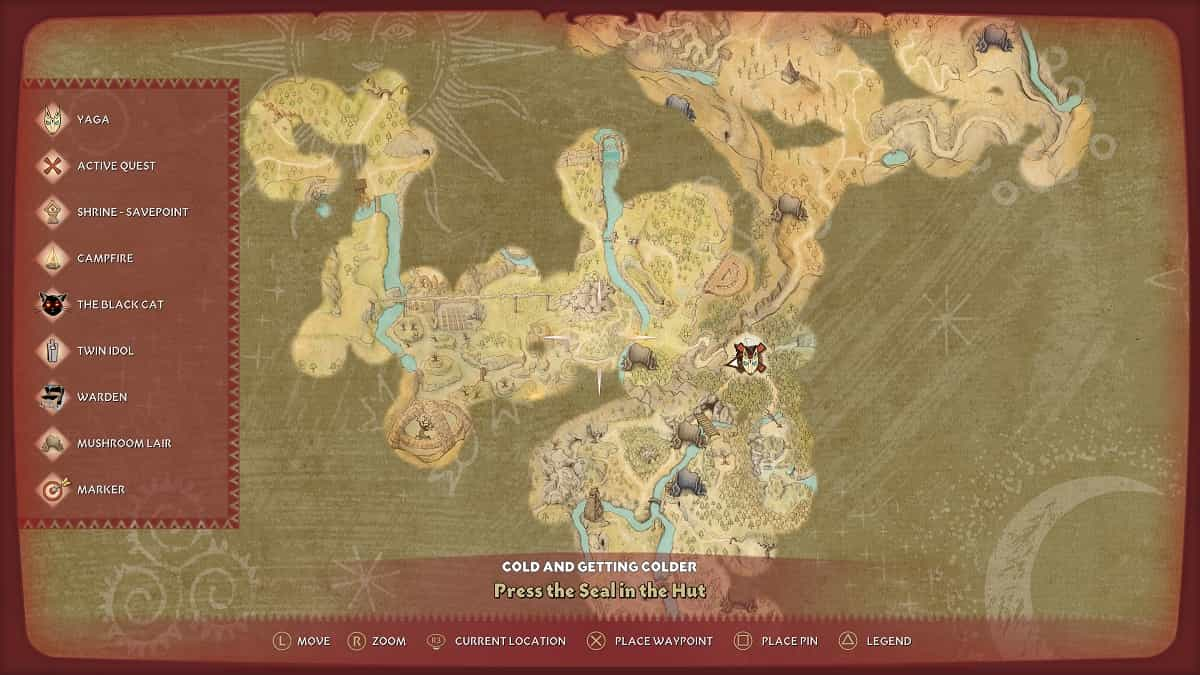
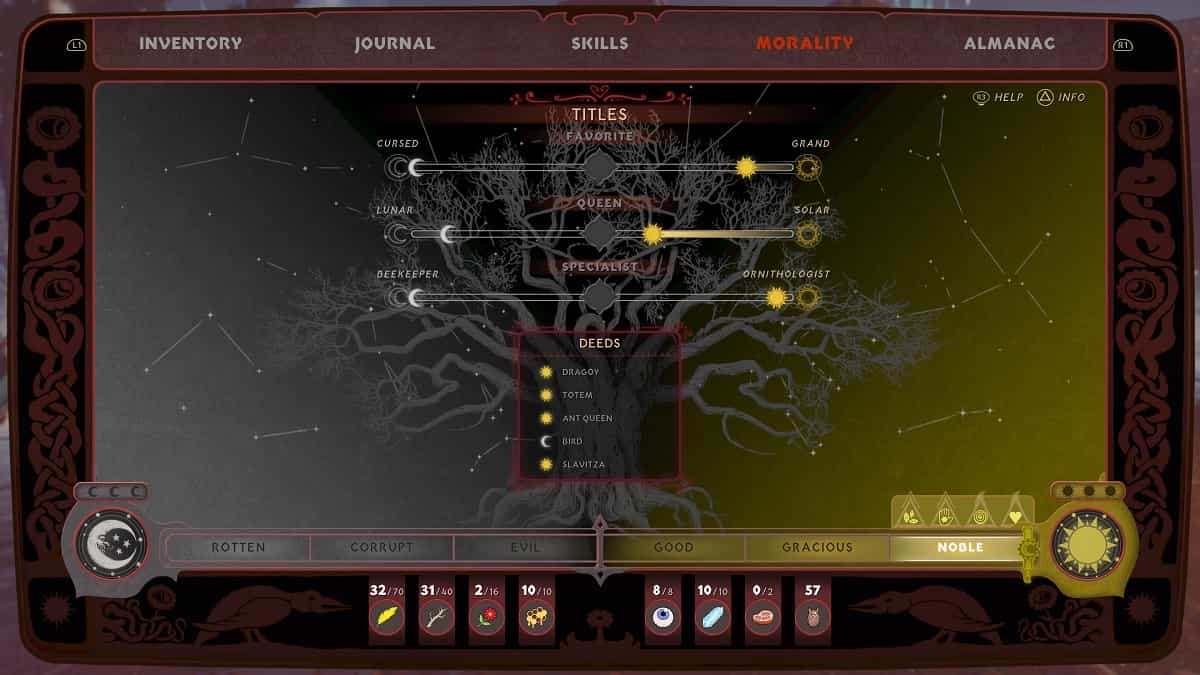






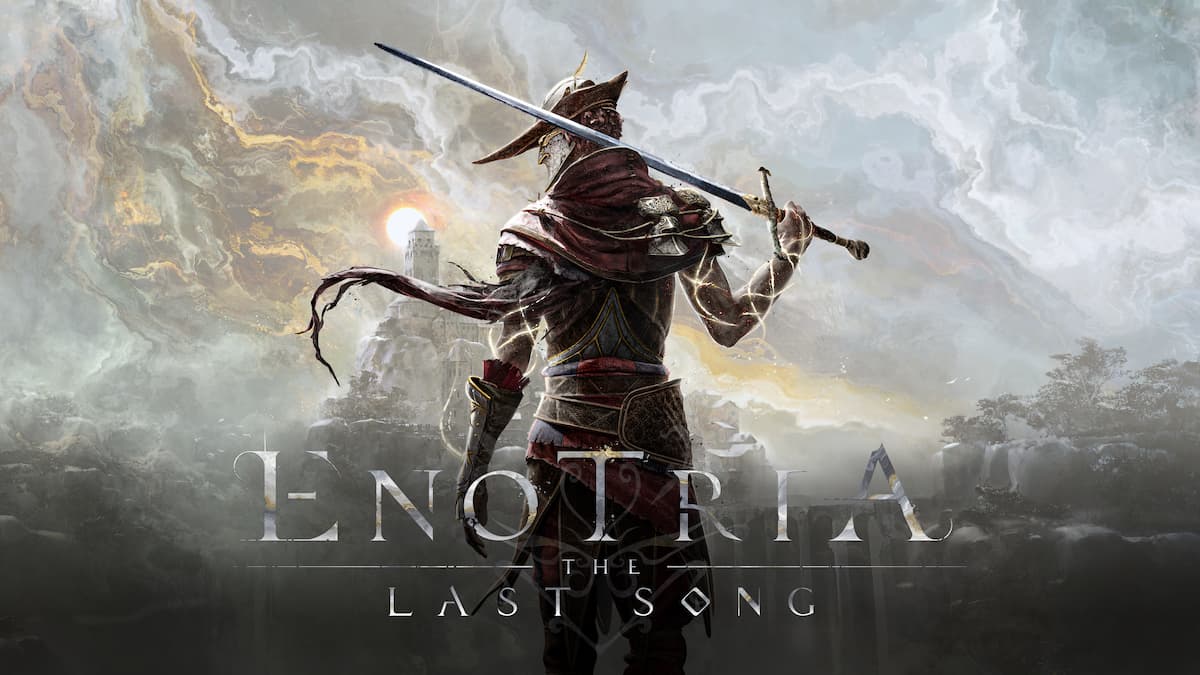
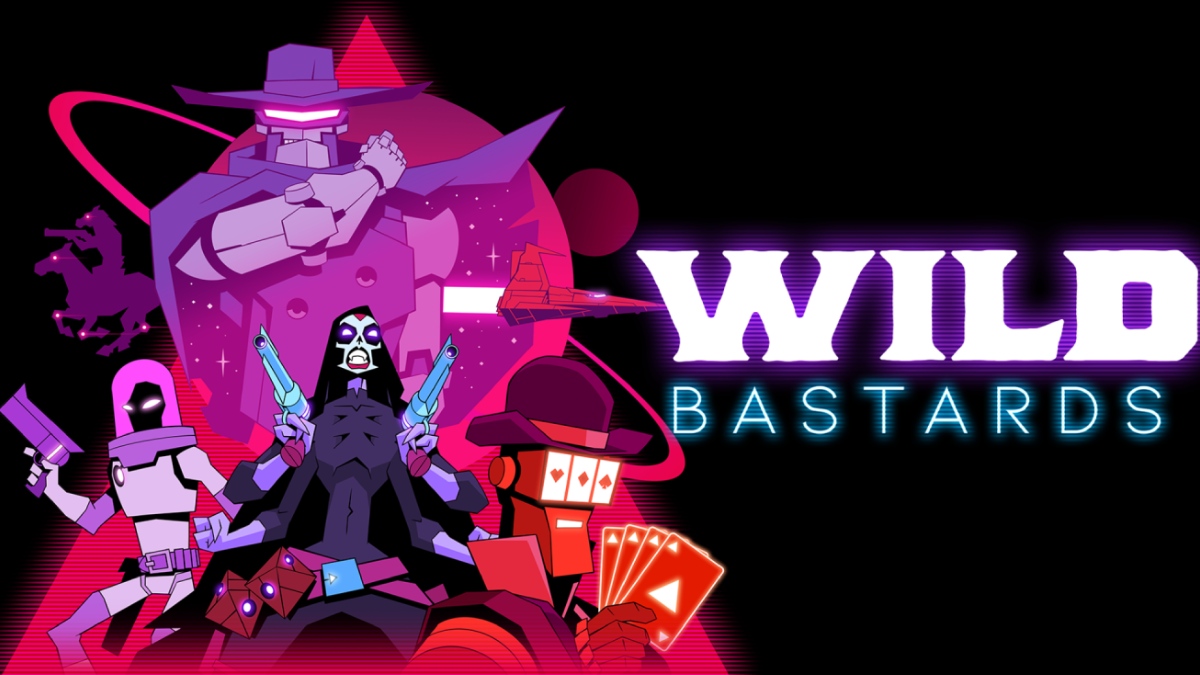

Published: Dec 23, 2022 01:38 pm